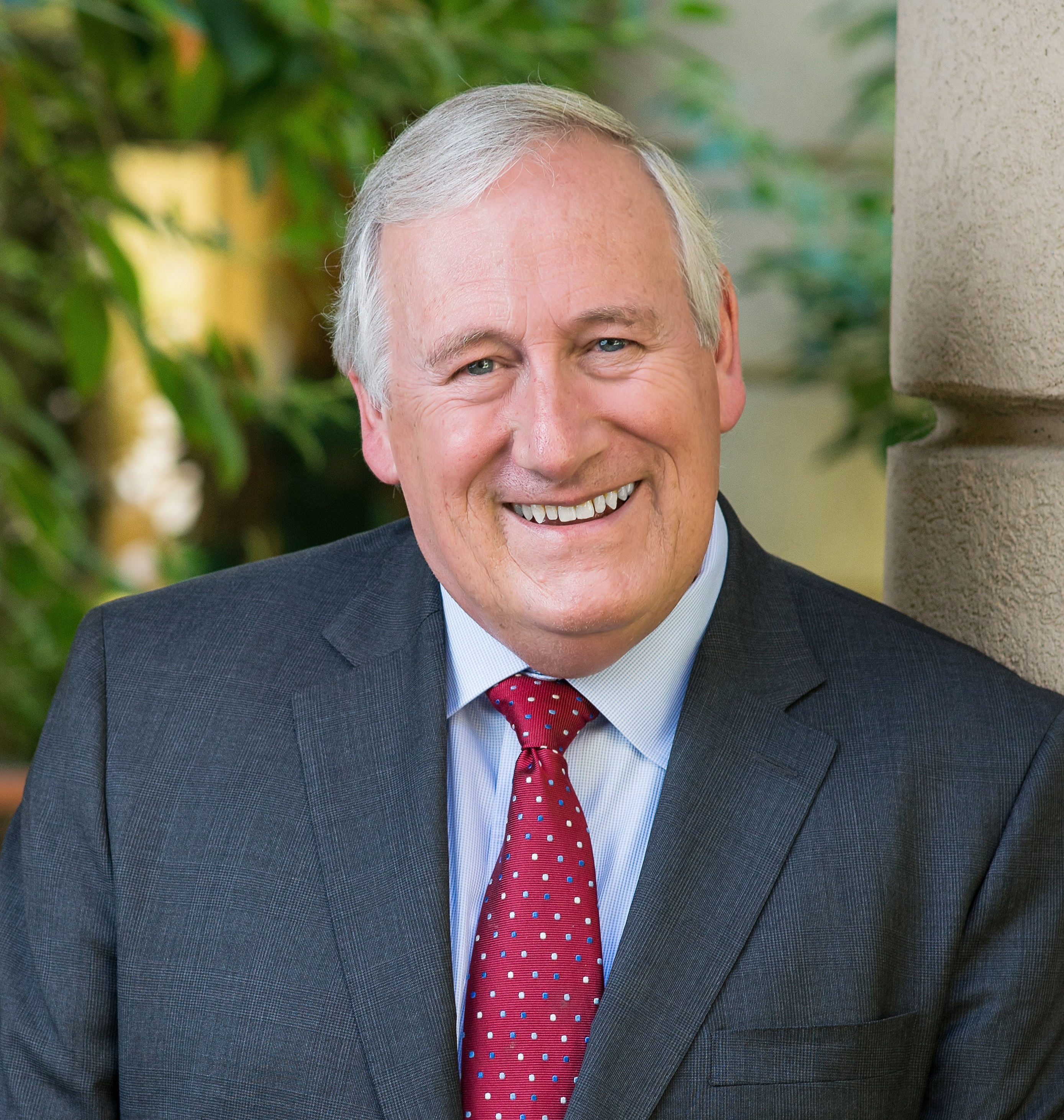He served as COO of Lucile Packard Children’s Hospital Stanford from 1995 to 1997, and previously held senior management positions at Stanford (Calif.) Health Care, Pacific Presbyterian Medical Center, San Francisco and Santa Clara Valley Medical Center, San Jose.
On Tuesday, April 18, 2017, Mr. Dawes will be a panel member at the Becker’s Hospital Review 8th Annual Meeting. As part of an ongoing series, Becker’s is talking to healthcare leaders who plan to speak at the conference, which will take place from April 17 through April 20 in Chicago.
To learn more about the conference and Mr. Dawes’ panel, click here.
Question: What’s your favorite part of leading a children’s hospital?
Christopher Dawes: Getting to know the families. I make rounds several times a week to stop and visit with patients and their families. I also enjoy speaking with our staff about their incredible commitment to our patients. Lastly, we are an academic medical center, and therefore it is very exciting to be part of an enterprise focused on curing children through gene therapy and other approaches.
Q: What do consider your hospital’s most valuable asset?
CD: Our faculty and staff. We are incredibly fortunate to have a community of clinical providers and researchers who are so talented and committed to their work. Stanford is an amazing place to work.
Q: What are the biggest changes you’ve seen in the world of healthcare since you became president and CEO of Lucile Packard Children’s Hospital Stanford?
CD: The good news is that through advancements in healthcare, children who may not have survived 10 to 20 years ago are now thriving. From a business perspective, the Affordable Care Act and the 2008 recession increased the need to develop scale — particularly for providers — and as a result, we are seeing considerable consolidation in the industry. Scale has the potential to improve quality and reduce costs. However, compared to the rest of the developed world, we still have a long way to go to reduce costs for the consumer.
Q: The panel you’re speaking on at the April conference is titled “Balancing Growth and Expanded Access with Financial Viability.” In your experience, what are a few of the unexpected benefits financial viability can bring?
CD: Financial viability is important because it can allow us to invest not only in clinical care, but also in support, teaching and research. It is critical that we continue to train the care providers of tomorrow and advance the health of humanity through investments in research.
